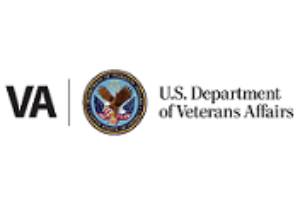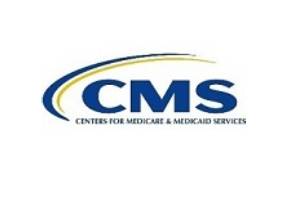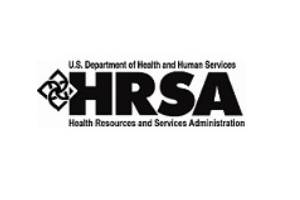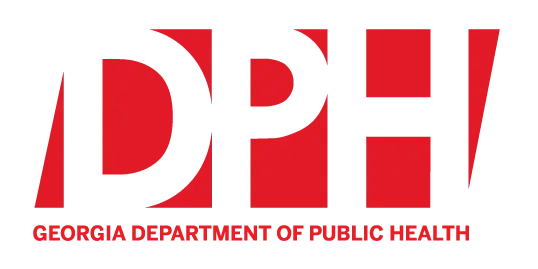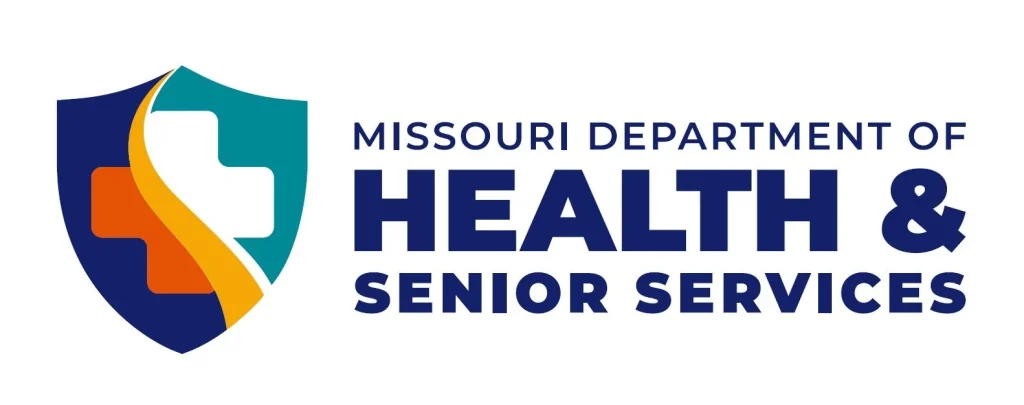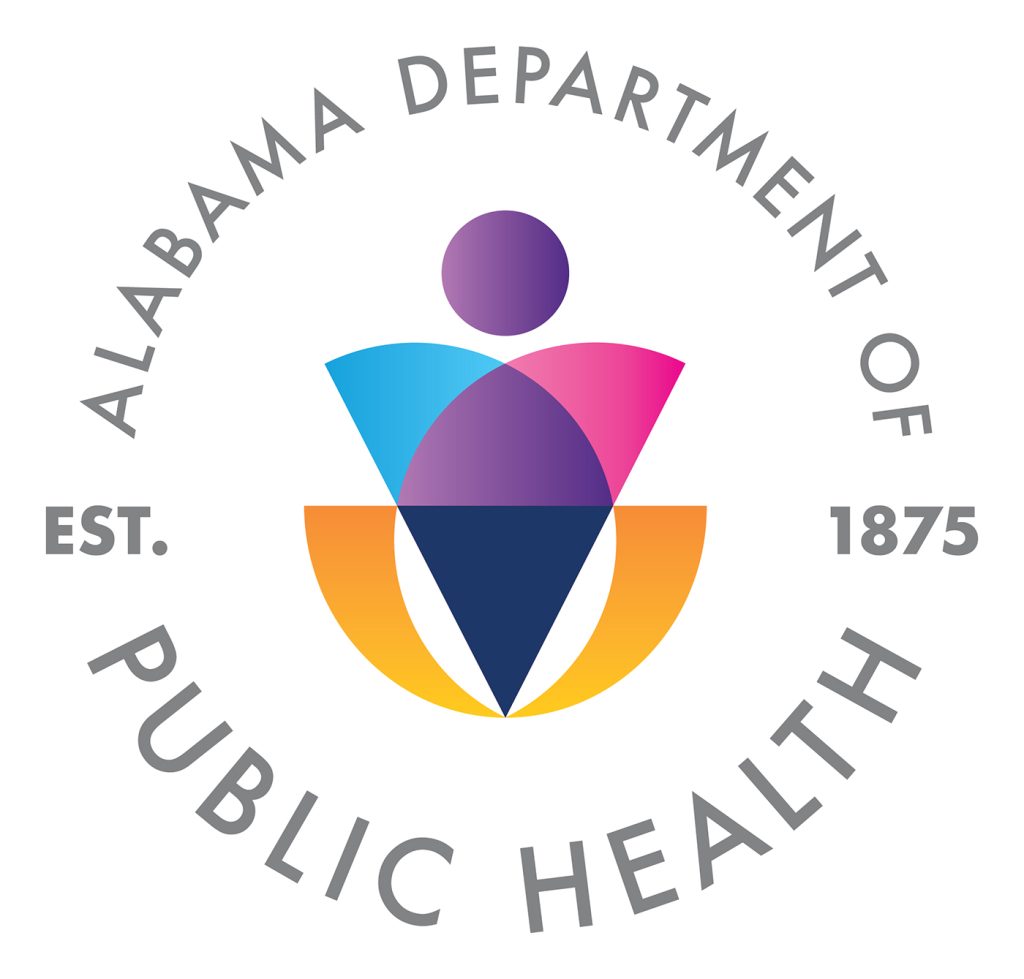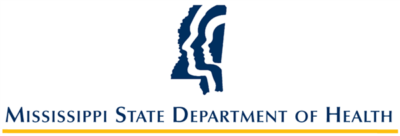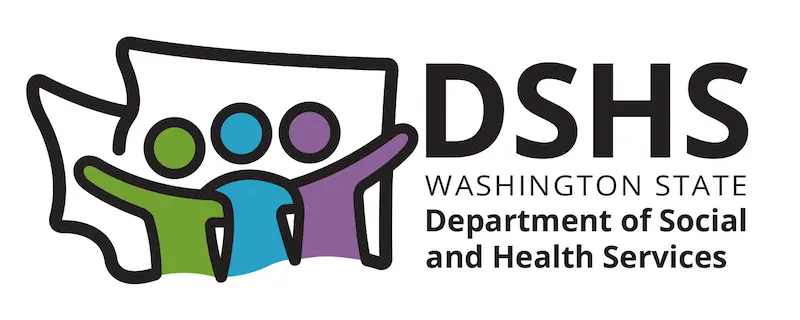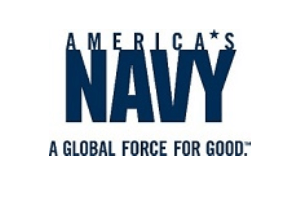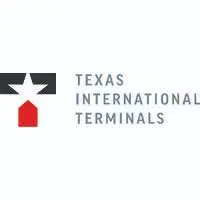
Since 1996, Ascellon has provided IT services, consulting and program management services to a wide range of clients in the public and private sectors. Though the deliverables and business environments have varied, what has never changed is Ascellon’s commitment to assuring quality, building truly collaborative relationships, and transferring the knowledge of our senior-level experts to our customers’ organizations. This is why we have consistently received a rating of 9 or higher (out of 10) on the D&B Open Ratings report of customer satisfaction.
How do we achieve such high customer satisfaction?
Through experience, expertise and becoming both an advocate and a trusted advisor. For example, because Ascellon is used to working fast and meeting even “impossible” deadlines, our customers don’t have to deal directly with time pressures — they know they can count on us to meet their mandates and deadlines.

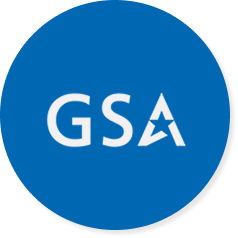
We have over two decades of experience working side by side with our public-sector customers to devise solutions that are unique to government organizations. We bring highly qualified resources that focus on the customer’s mission. Whether the project is large or small, local or national, we are in the trenches with our customers and share their vision and passion because we are invested in the customer’s mission success.
We bring cross-functional expertise to apply to Information Technology, Healthcare and Program Management projects for local, State and Federal entities.
GSA Schedules are the premier vehicle for government procurement. Ascellon makes it easy for our customers to purchase services and products from us through GSA government-wide acquisition vehicles. To reduce customers’ bid/contracting cycle, Ascellon offers GSA Schedules for every category of service the company provides. Streamlined ordering procedures are a key feature of GSA Schedules. They also facilitate Blanket Purchase Agreements (BPAs), Contractor Team Arrangements (CTAs), and the ability to easily connect with other businesses to offer robust solutions to our government customers.
